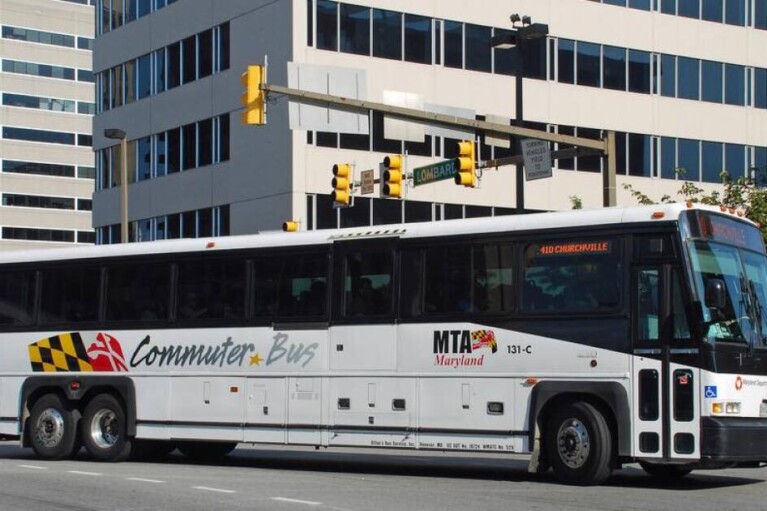Opinion: Checking in on health care progress under the Moore-Miller administration

By Vincent DeMarco
The writer is president of the Maryland Health Care For All Coalition.
In his inaugural address, Gov. Wes Moore (D) pledged that his administration would do all that it could to expand health care coverage to the many thousands of uninsured Marylanders and make health care more affordable for everyone. In his first General Assembly session, Gov. Moore, with great assistance from the terrific new chairs of the Senate Finance Committee, Sen. Melony Griffith (D-Prince George’s), and the House Health and Government Operations Committee, Del. Joseline Peña-Melnyk, made great strides toward achieving these goals.
One of the first bills that the governor signed into law — Senate Bill 202/House Bill 279 sponsored by Sen. Brian Feldman (D-Montgomery) and Del. Bonnie Cullison (D-Montgomery) — confirms the authority of Maryland’s landmark Prescription Drug Affordability Board to utilize upper payment limits to make high-cost drugs more affordable for state and local governments. In addition, the governor recently signed into law a new state budget which appropriates an additional $1 million to help the Prescription Drug Affordability Board carry out its critical duties. Unlike his predecessor, who constantly undermined the board, Gov. Moore has made clear his commitment to making high-cost drugs more affordable by strengthening Maryland’s first-in-the-nation Prescription Drug Affordability Board. Gov. Moore fully realizes that drugs don’t work if people can’t afford them.
Soon the governor will sign into law two other measures which will go a long way toward building on the progress that has been made in Maryland to cover the uninsured. One measure — Senate Bill 601/House Bill 814 sponsored by Sen. Feldman and Del. Ken Kerr (D-Frederick) — will continue for two more years a very successful pilot program which provides additional state health care subsidies for lower income young people. This program has helped over 46,000 young people afford their health care coverage, including over 17,000 newly insured. Kudos to the Maryland Health Benefit Exchange for implementing this program so well.
Another measure — Senate Bill 26/HB 111 sponsored by Sen. Malcolm Augustine (D-Prince George’s) and Del. Lorig Charkoudian (D-Montgomery) — will make it easy for the state to make sure that participants in the SNAP (formerly food stamps) who are eligible for Medicaid have health coverage. This will help mitigate the potential disruption from the end of the national Public Health Emergency which did not require people to re-enroll in Medicaid while the emergency lasted. In addition, this measure could help get health care coverage to up to 65,000 Marylanders who are presently eligible for Medicaid but not enrolled.
These successes are great but we must continue to work to make sure all Marylanders have quality affordable health care coverage.
That is why over 300 faith, community, labor, health care and business groups have endorsed our Health Care For All Resolution, which calls for automatically enrolling people eligible for free health care coverage, providing additional state subsidies, and removing all immigrant barriers to health care coverage. We look forward to working closely with Gov. Moore, Lt. Gov. Aruna Miller (D) and the Maryland General Assembly to make this happen soon.




 Creative Commons Attribution
Creative Commons Attribution